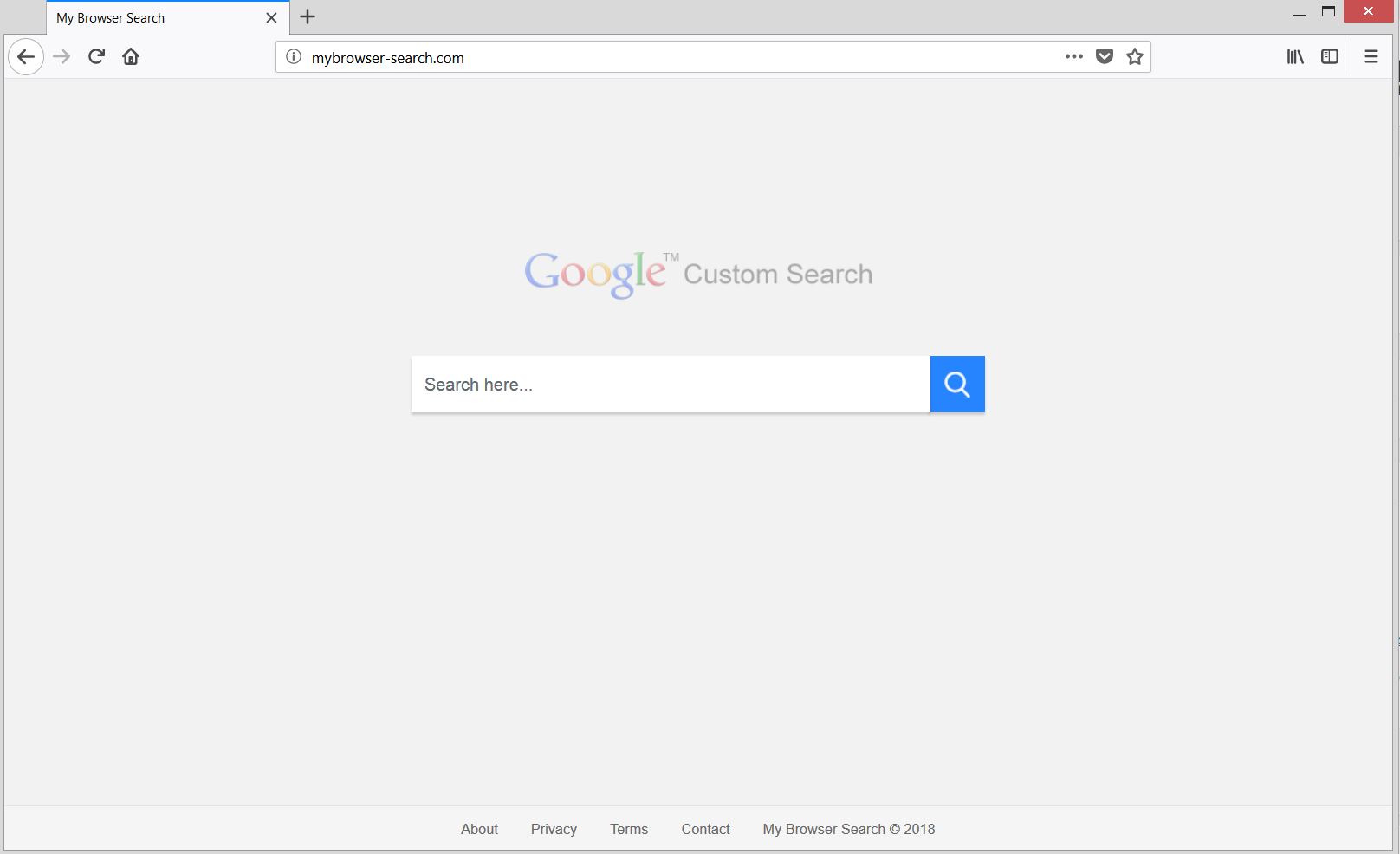This article explains the issues that occur in case of infection with mybrowser-search.com hijacker and provides a complete guide on how to remove harmful files from the system and how to restore affected browsers.
In case that you see the domain mybrowser-search.com to load during your regular browsing sessions, this is a warning that your computer has been affected by a potentially undesired program. Once this program finds a way to run its configuration files on your system it could access settings of installed web browsers in order to alter them and hijack target browsers. So after the changes occur the domain of this hijacker may be set to appear as browser start page, new tab page and default search engine. Keep reading and find out how to fix this issue.

Threat Summary
| Name | Mybrowser-search.com |
| Type | Browser Hijacker, Redirect, PUP |
| Short Description | Domain that hosts questionable search enigne. Its configuration files hijack main browser settings without your permission and you start see the main page of this search engine each time you open an affected browser. |
| Symptoms | Affected web browsers have their settings modified by the hijacker. Their homepages, new tab pages and default search enigne in preferred web browser are set to dislay the main page of Safesearchprotect.com hijacker. Browser slowdowns occur due to increased number of online ads. |
| Distribution Method | Freeware Installations, Bundled Packages |
| Detection Tool |
See If Your System Has Been Affected by malware
Download
Malware Removal Tool
|
| User Experience | Join Our Forum to Discuss Mybrowser-search.com. |

Mybrowser-search.com – Spread Techniques
Being a potentially unwanted program of browser hijacker form mybrowser-search.com is likely to be spread with the help of shady techniques that aim to conceal its presence and trick users into running its configuration files unintentionally. Among these techniques are usually software bundling, corrupted web pages, fake software update notifications, and other.
In the case that the PUP landed on your device via the technique software bundling you might have installed it along with any desired and supposedly useful free third-party program. How you might installed it without noticing its presence in the installer of the desired app. The moment of its installation is often missed by users who choose to follow the regular setup steps. An opportunity that could help you to prevent unattended installation of undesired apps on your device is hidden in the Advanced/Custom configuration step.
Once you get familiar with all details presented there you could choose wisely how to act further. In case that you see some unnecessary extras, you could opt out their installation and continue with the installation of the primary app.
Frequently used web browsers like Google Chrome, Mozilla Firefox, Internet Explorer, Microsoft Edge, Opera and Safari could be affected by mybrowser-search.com hijacker.

Mybrowser-search.com – More About Its Impact
Mybrowser-search.com is classified as browser hijacker due to the shady ways it uses to access computer systems. Most of the registered cases of infection with this undesired app indicate that its code is designed to modify main browser settings in order to force affected uses into using a questionable search engine.
By replacing the start pages, new tab pages and default search engines of target browsers with its domain address, the hijacker leaves you with no other choice but to use its bogus services. Following modifications, its main page becomes the first one to load in your preferred web browser.
Here is a screenshot of an affected Mozilla Firefox browser:
A misleading visual combination of the design of this hijacker is Google’s logo accompanied by the phrase Custom Search. This trick is applied by hijackers’ owners in an attempt to make you more prone to use the services of their bogus search engine.
However, the purpose of their product has nothing in common with the proper performance of its searching services. Being an undesired program that infiltrates computer devices without users’ knowledge, mybrowser-search.com primarily aims to achieve two goals:
- To obtain data from affected browsers and systems
- To run the advertising scheme pay-per-click and generate profits to its owners
So as long as you are using the searching services provided by this hijacker you should know that the results it generates may not be the ones that suit best your search query. Based on your search query, however, the hijacker is likely to display lots of sponsored results in an attempt to trick you into visiting them. This could be explained by the fact that each click on an ad displayed by their program generates revenue for its owners.
What’s more the ads may come in various other shapes and types. Except search ads, mybrowser-search.com hijacker could be generating lots of annoying pop-ups, pop-unders, banners, in-text links, sliders, images and so on. Unfortunately, instead of being useful and provide you valuable propositions these ads are likely to expose your system at risk of drive-by download attacks caused by the web pages they promote. So be careful which of them you visit or better avoid visiting any.
As of data collection practices associated with mybrowser-search.com hijacker, some of them could be reviewed on its privacy policy page. And here is what this program is able to obtain and transfer to its servers as long as it is running on your device:
- Browsing history
- Internet protocol (IP) address
- Search queries
- Type of used browser
Even if it’s not mentioned as typical browser hijacker, mybrowser-search.com may be also collecting:
- The domain name of current Internet service provider (ISP)
- Diagnostic information which describes how their Services are operating on the system
- Browser’s home page
- Operating system type
Collection of sensitive data could be explained by the fact that hijacker’s owners need it for the optimization of their advertising campaigns. Another reason may be its selling to third-parties of unknown origin.
If you want to clean your computer and prevent all issues caused by mybrowser-search.com you need to remove all files associated with the program from the system and then reset the settings of affected browsers. See how to go step-by-step through the removal of this hijacker in the guide below.

How to Remove Mybrowser-search.com Browser Hijacker
In order to remove Mybrowser-search.com hijacker and all associated files that enable its appearance in the browser, you need to complete all removal steps below in their exact order. The removal guide below presents both manual and automatic removal steps. Be notified that only combined they could help you to get rid of this undesired program and provide for the overall security of your device as well. Have in mind that files associated with this hijacker may be stored with names different than Mybrowser-search.com.
In case that you have further questions or need additional help with the removal process, don’t hesitate to leave us a comment under the article or contact us via email.
- Windows
- Mac OS X
- Google Chrome
- Mozilla Firefox
- Microsoft Edge
- Safari
- Internet Explorer
- Stop Push Pop-ups
How to Remove Mybrowser-search.com from Windows.
Step 1: Scan for Mybrowser-search.com with SpyHunter Anti-Malware Tool
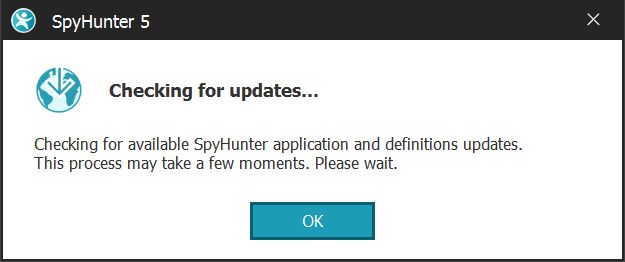
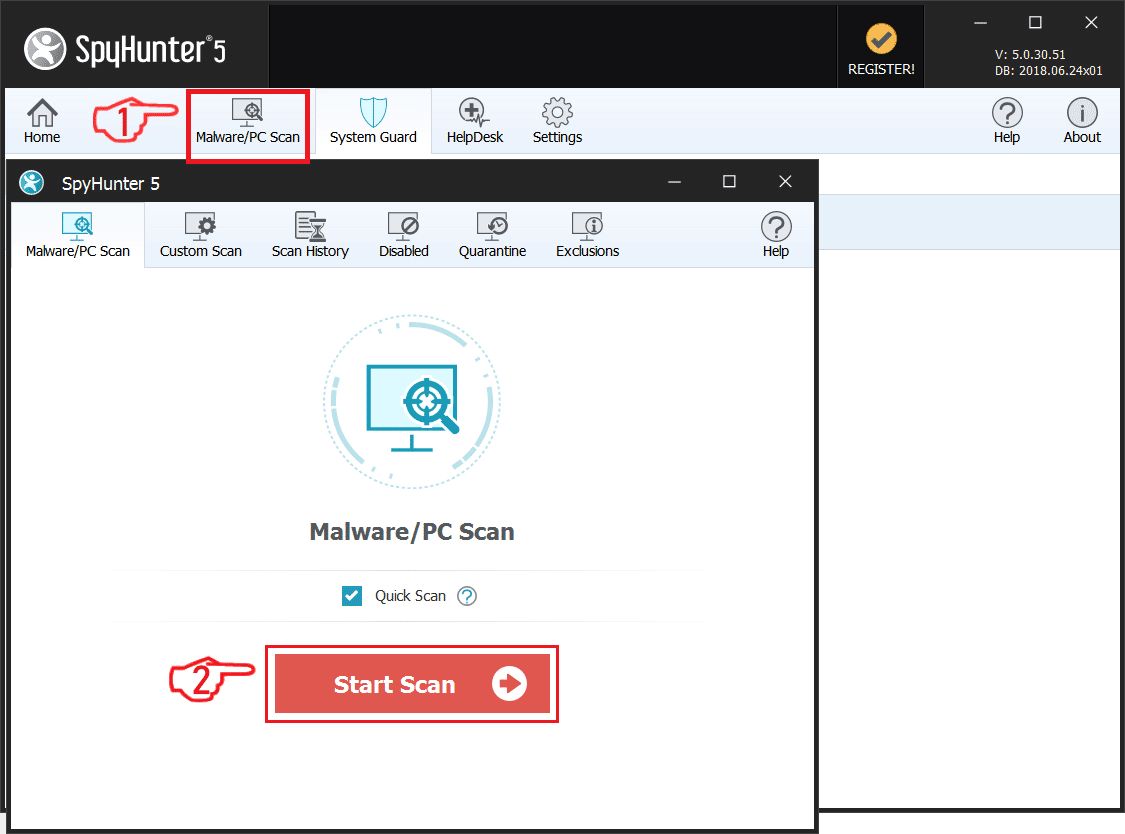
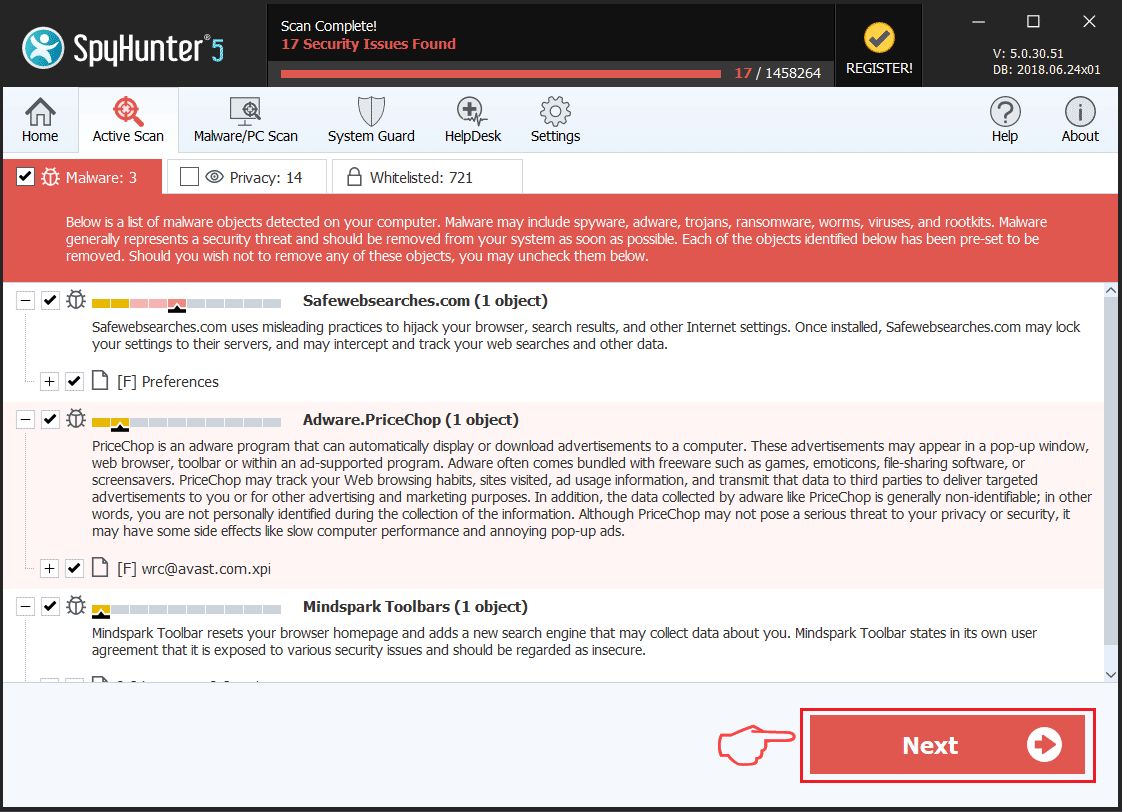
Step 2: Boot Your PC In Safe Mode

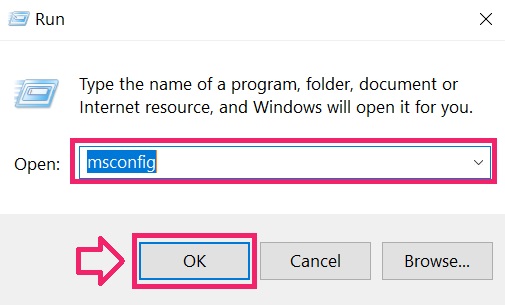
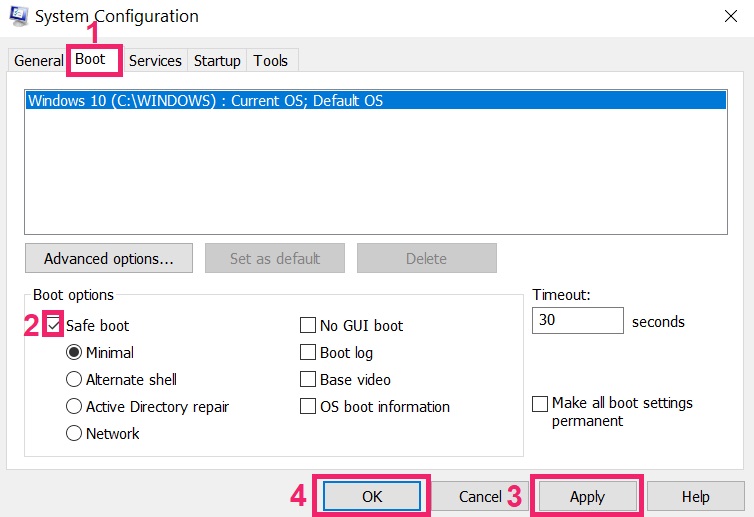
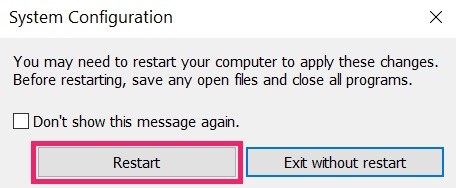
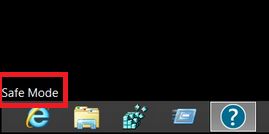
Step 3: Uninstall Mybrowser-search.com and related software from Windows
Uninstall Steps for Windows 11
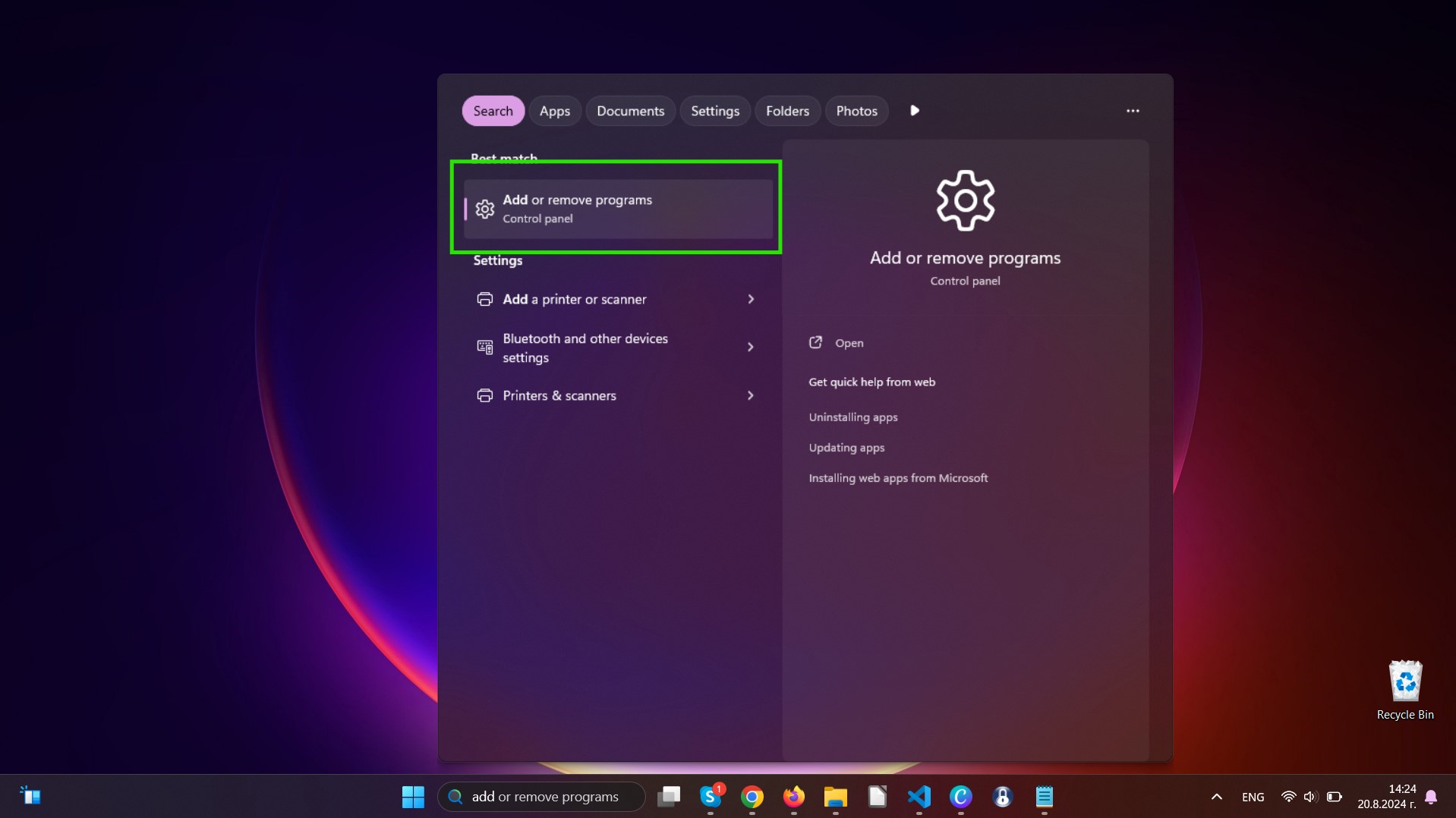
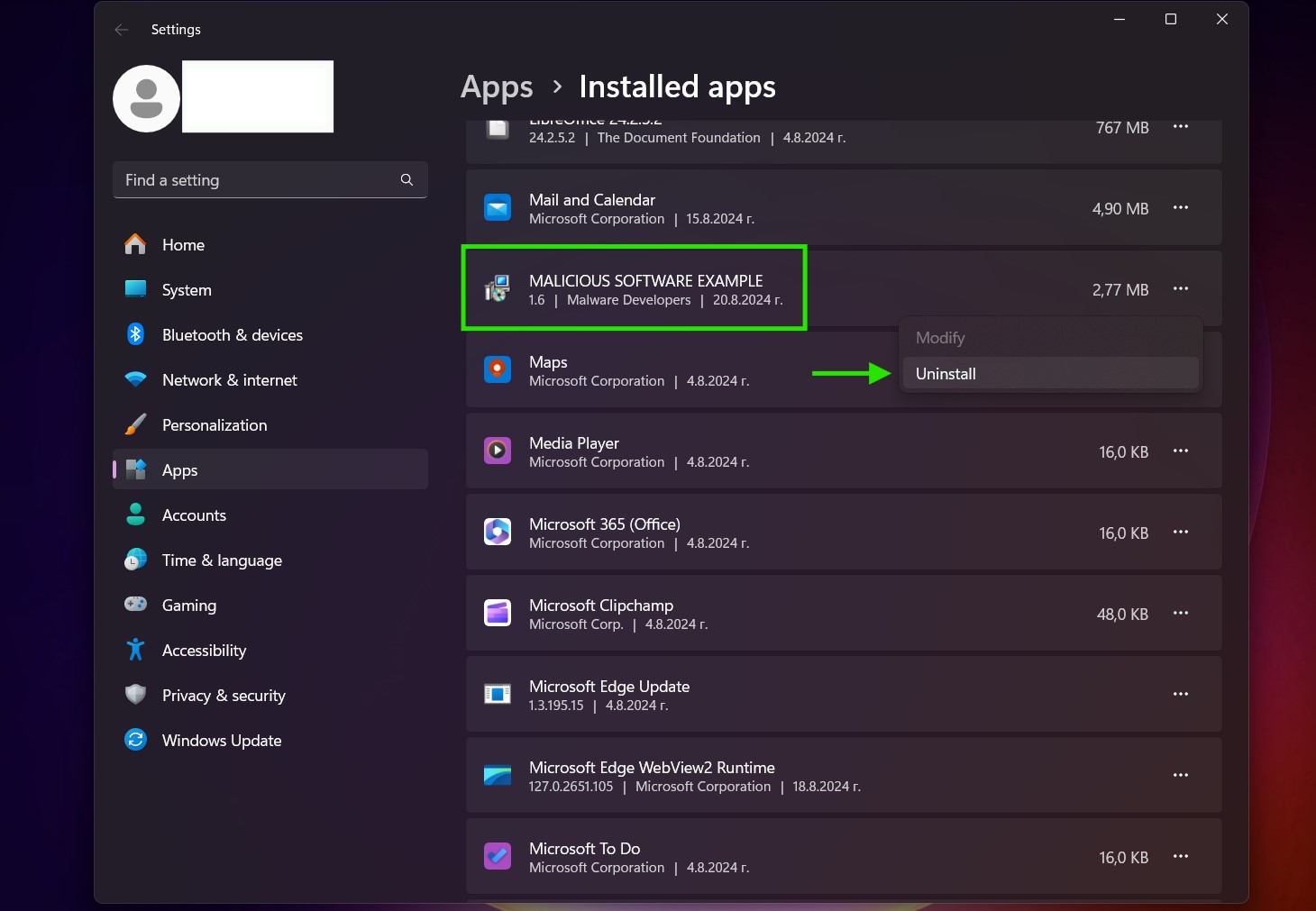
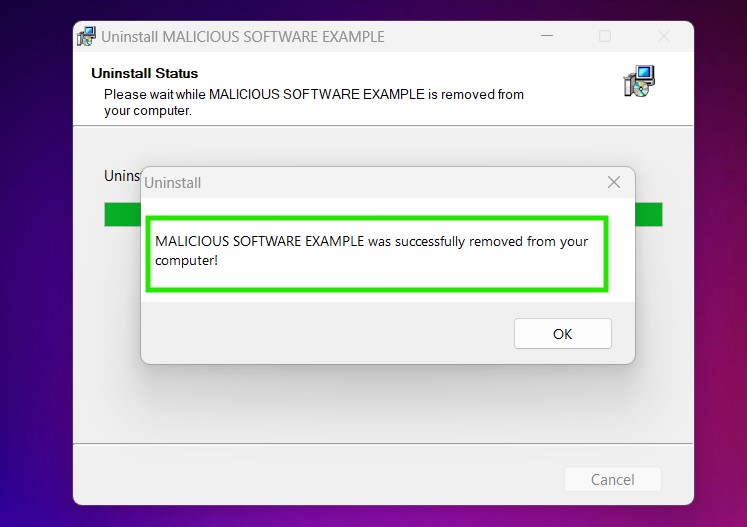
Uninstall Steps for Windows 10 and Older Versions
Here is a method in few easy steps that should be able to uninstall most programs. No matter if you are using Windows 10, 8, 7, Vista or XP, those steps will get the job done. Dragging the program or its folder to the recycle bin can be a very bad decision. If you do that, bits and pieces of the program are left behind, and that can lead to unstable work of your PC, errors with the file type associations and other unpleasant activities. The proper way to get a program off your computer is to Uninstall it. To do that:

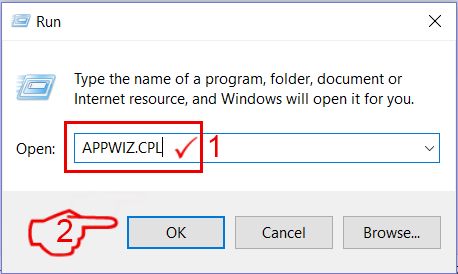
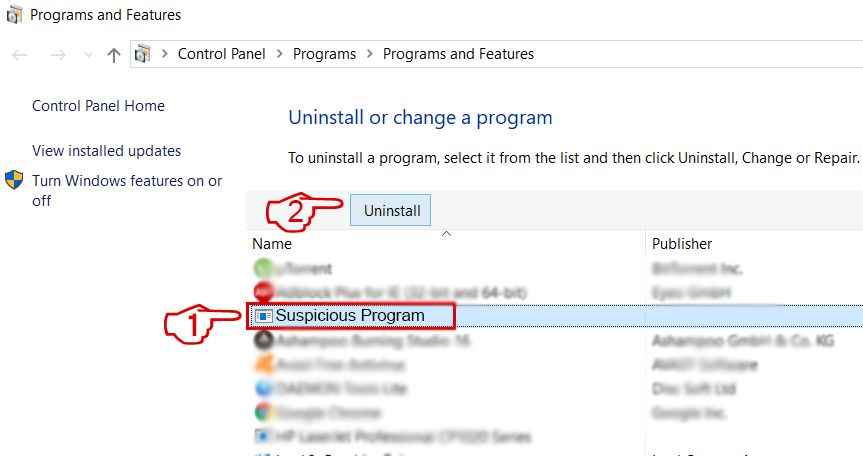 Follow the instructions above and you will successfully uninstall most programs.
Follow the instructions above and you will successfully uninstall most programs.
Step 4: Clean Any registries, Created by Mybrowser-search.com on Your PC.
The usually targeted registries of Windows machines are the following:
- HKEY_LOCAL_MACHINE\Software\Microsoft\Windows\CurrentVersion\Run
- HKEY_CURRENT_USER\Software\Microsoft\Windows\CurrentVersion\Run
- HKEY_LOCAL_MACHINE\Software\Microsoft\Windows\CurrentVersion\RunOnce
- HKEY_CURRENT_USER\Software\Microsoft\Windows\CurrentVersion\RunOnce
You can access them by opening the Windows registry editor and deleting any values, created by Mybrowser-search.com there. This can happen by following the steps underneath:
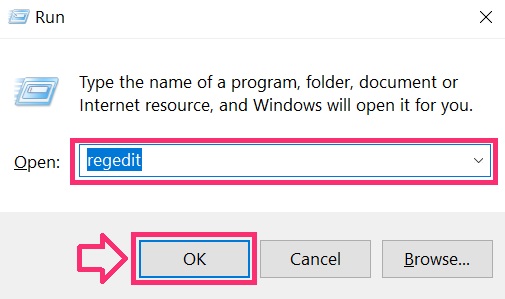

 Tip: To find a virus-created value, you can right-click on it and click "Modify" to see which file it is set to run. If this is the virus file location, remove the value.
Tip: To find a virus-created value, you can right-click on it and click "Modify" to see which file it is set to run. If this is the virus file location, remove the value.
Video Removal Guide for Mybrowser-search.com (Windows).
Get rid of Mybrowser-search.com from Mac OS X.
Step 1: Uninstall Mybrowser-search.com and remove related files and objects
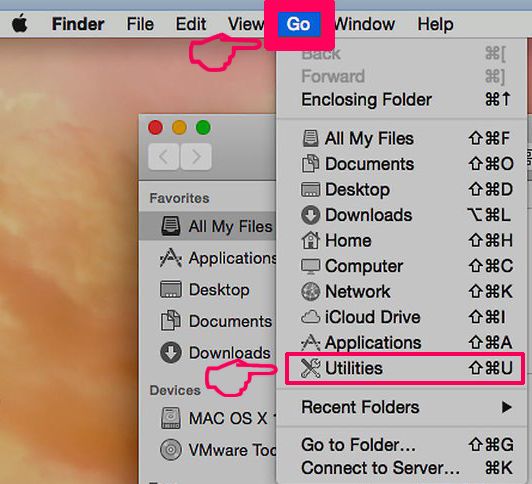
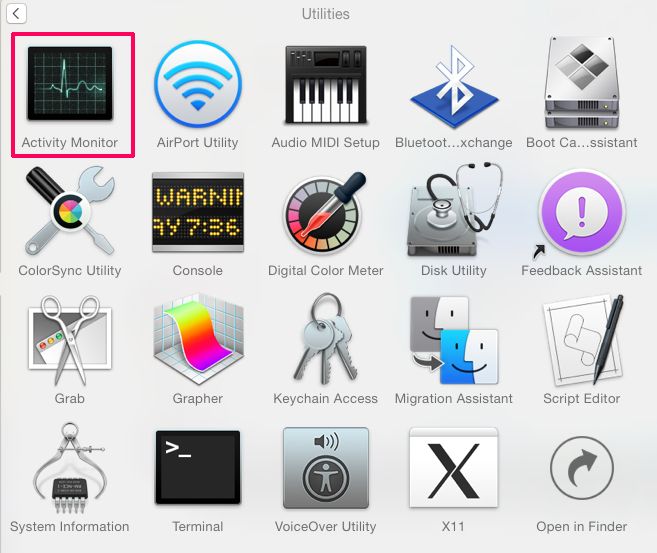
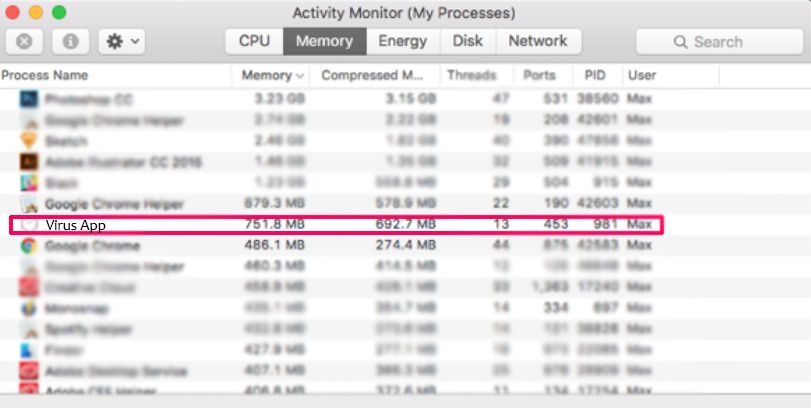
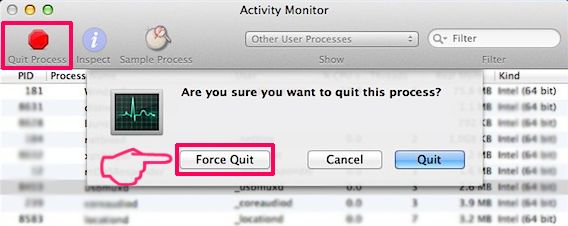
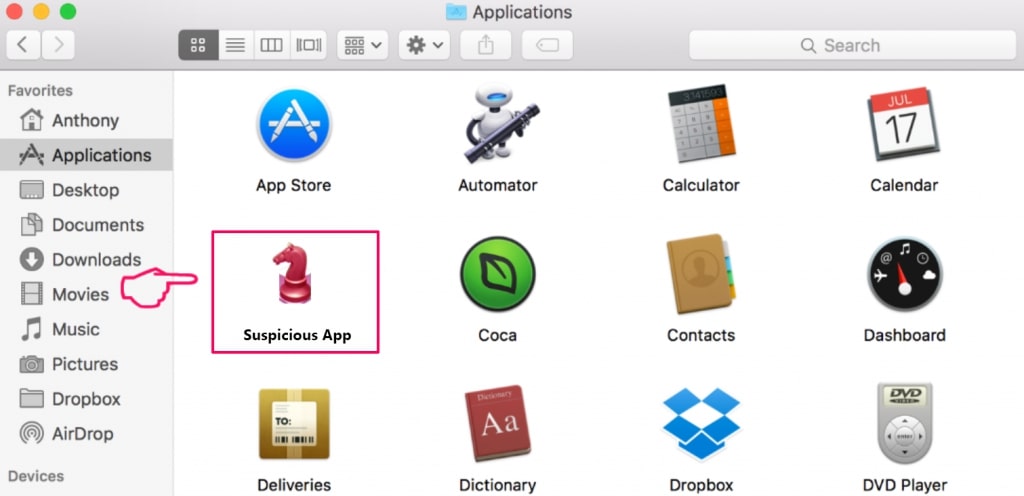
Your Mac will then show you a list of items that start automatically when you log in. Look for any suspicious apps identical or similar to Mybrowser-search.com. Check the app you want to stop from running automatically and then select on the Minus (“-“) icon to hide it.
- Go to Finder.
- In the search bar type the name of the app that you want to remove.
- Above the search bar change the two drop down menus to “System Files” and “Are Included” so that you can see all of the files associated with the application you want to remove. Bear in mind that some of the files may not be related to the app so be very careful which files you delete.
- If all of the files are related, hold the ⌘+A buttons to select them and then drive them to “Trash”.
In case you cannot remove Mybrowser-search.com via Step 1 above:
In case you cannot find the virus files and objects in your Applications or other places we have shown above, you can manually look for them in the Libraries of your Mac. But before doing this, please read the disclaimer below:
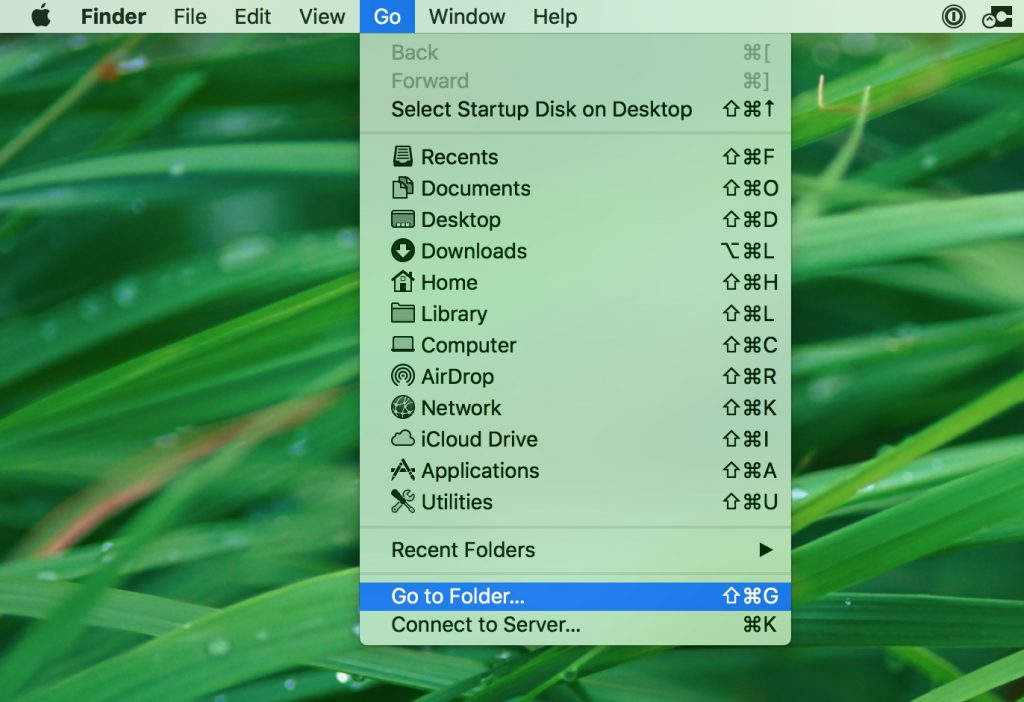
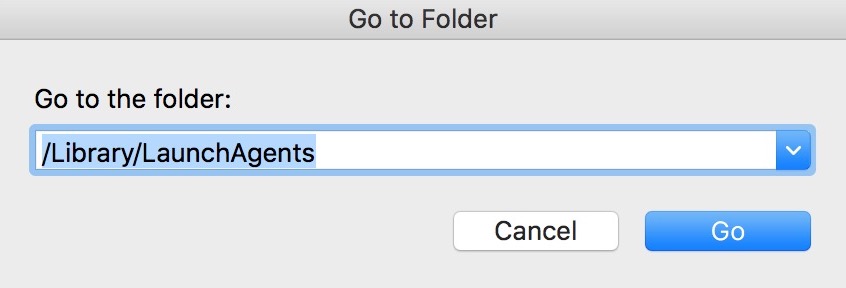
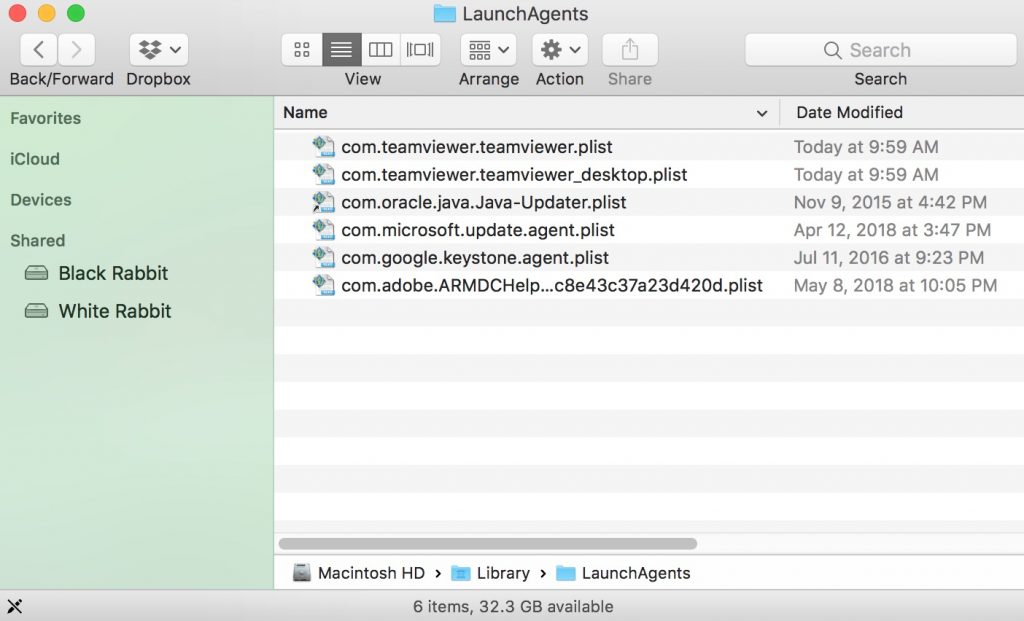
You can repeat the same procedure with the following other Library directories:
→ ~/Library/LaunchAgents
/Library/LaunchDaemons
Tip: ~ is there on purpose, because it leads to more LaunchAgents.
Step 2: Scan for and remove Mybrowser-search.com files from your Mac
When you are facing problems on your Mac as a result of unwanted scripts and programs such as Mybrowser-search.com, the recommended way of eliminating the threat is by using an anti-malware program. SpyHunter for Mac offers advanced security features along with other modules that will improve your Mac’s security and protect it in the future.
Video Removal Guide for Mybrowser-search.com (Mac)
Remove Mybrowser-search.com from Google Chrome.
Step 1: Start Google Chrome and open the drop menu
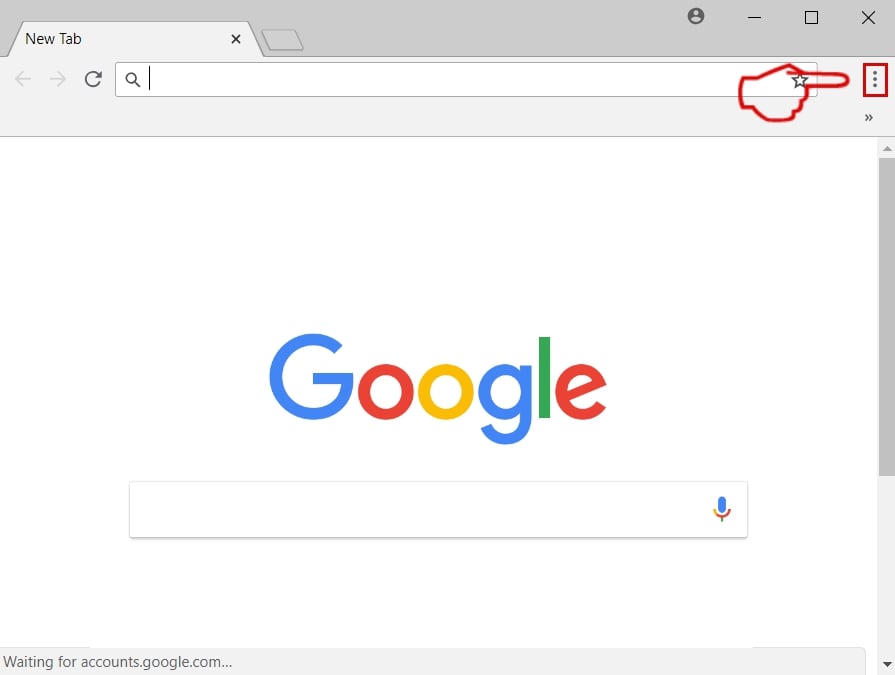
Step 2: Move the cursor over "Tools" and then from the extended menu choose "Extensions"
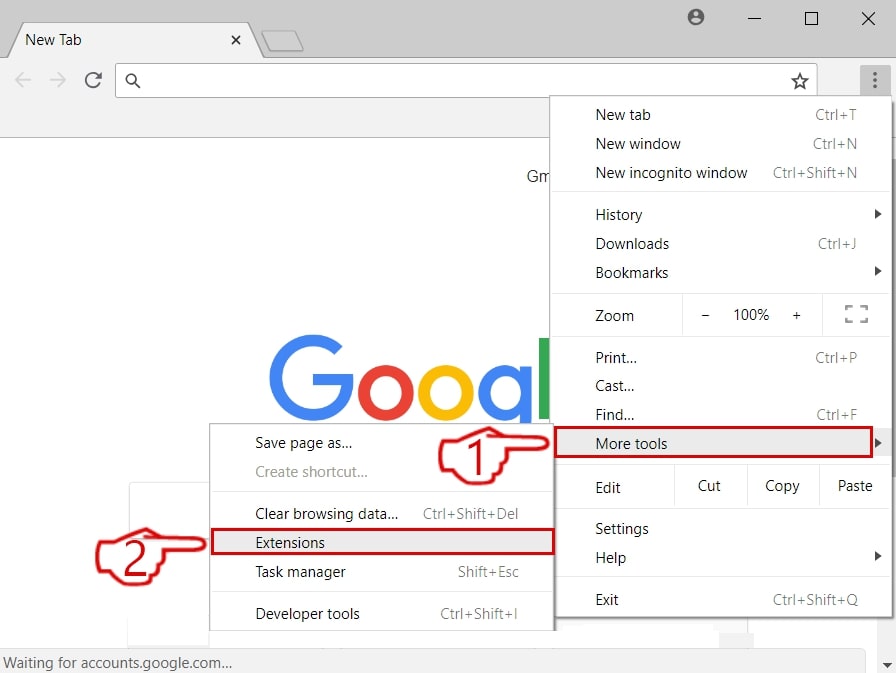
Step 3: From the opened "Extensions" menu locate the unwanted extension and click on its "Remove" button.
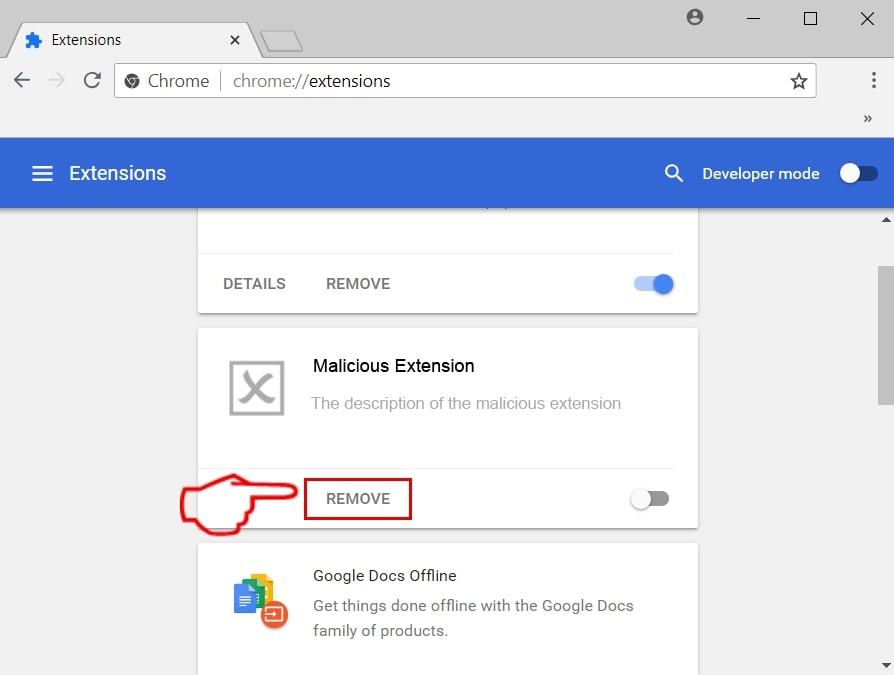
Step 4: After the extension is removed, restart Google Chrome by closing it from the red "X" button at the top right corner and start it again.
Erase Mybrowser-search.com from Mozilla Firefox.
Step 1: Start Mozilla Firefox. Open the menu window:
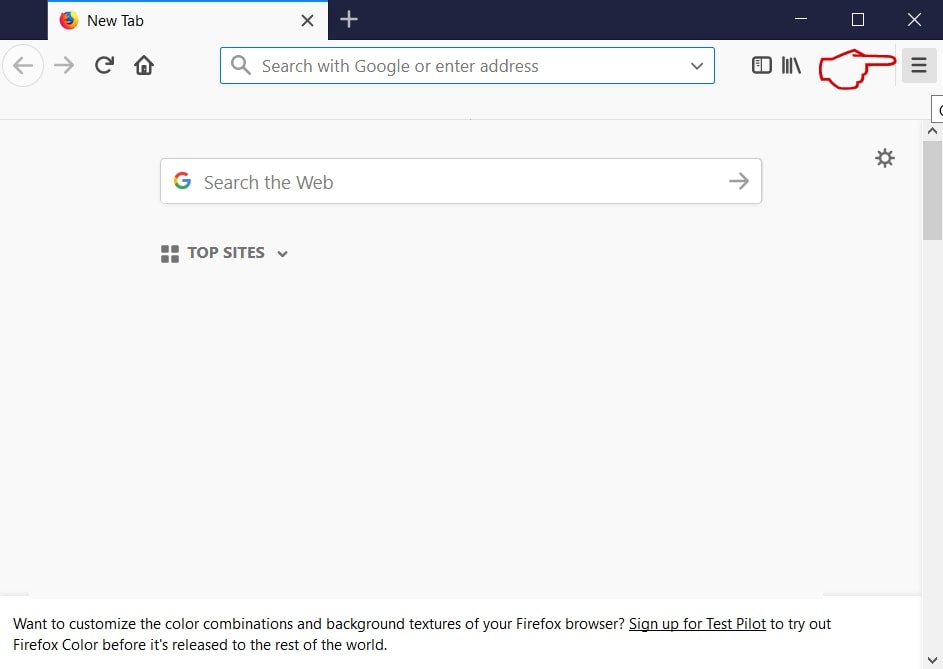
Step 2: Select the "Add-ons" icon from the menu.
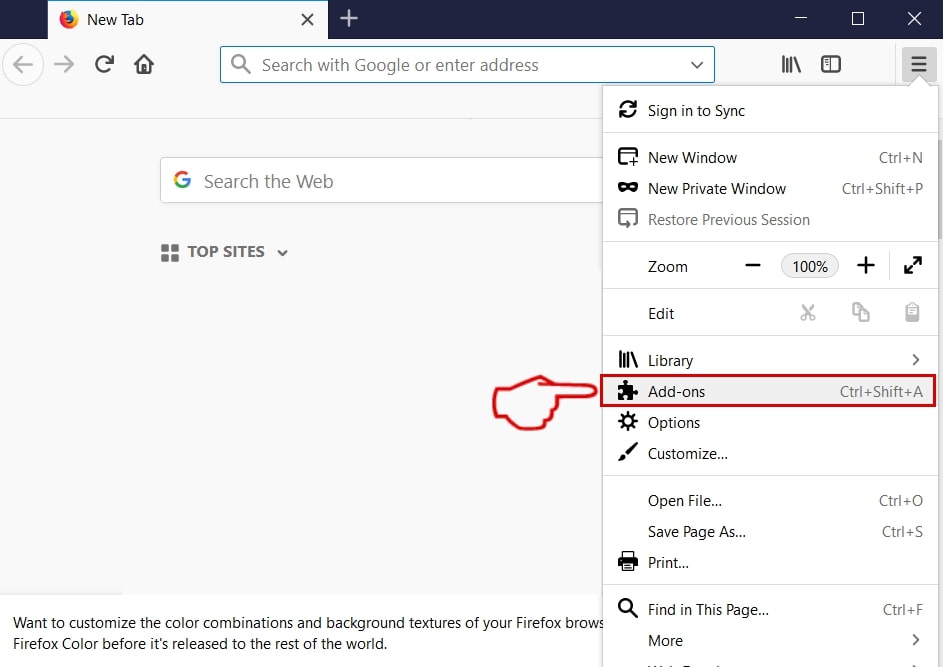
Step 3: Select the unwanted extension and click "Remove"

Step 4: After the extension is removed, restart Mozilla Firefox by closing it from the red "X" button at the top right corner and start it again.
Uninstall Mybrowser-search.com from Microsoft Edge.
Step 1: Start Edge browser.
Step 2: Open the drop menu by clicking on the icon at the top right corner.
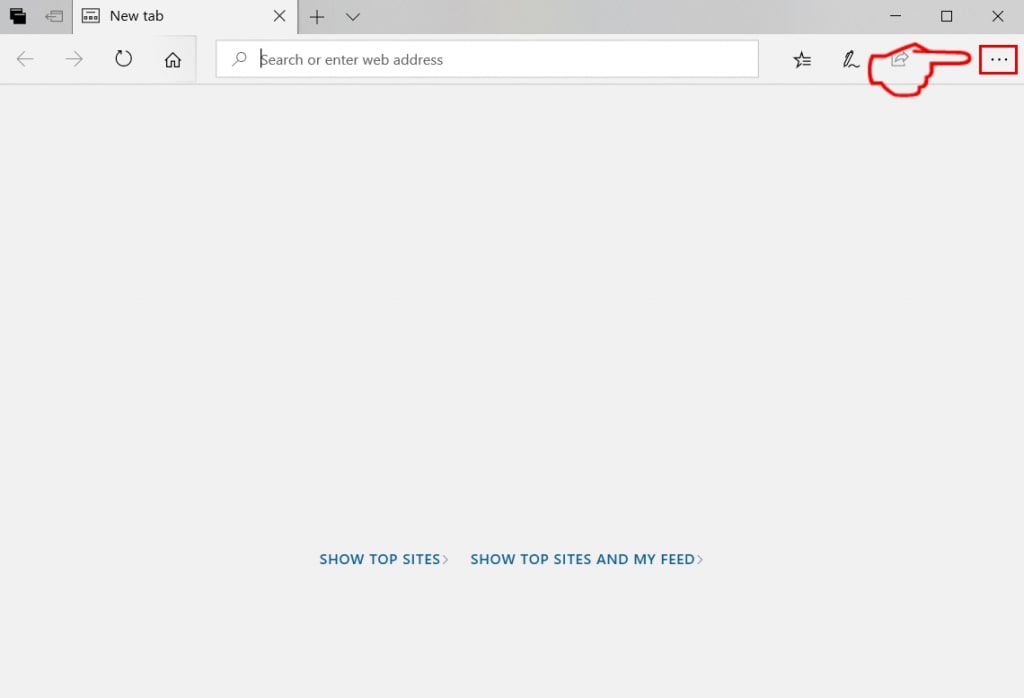
Step 3: From the drop menu select "Extensions".
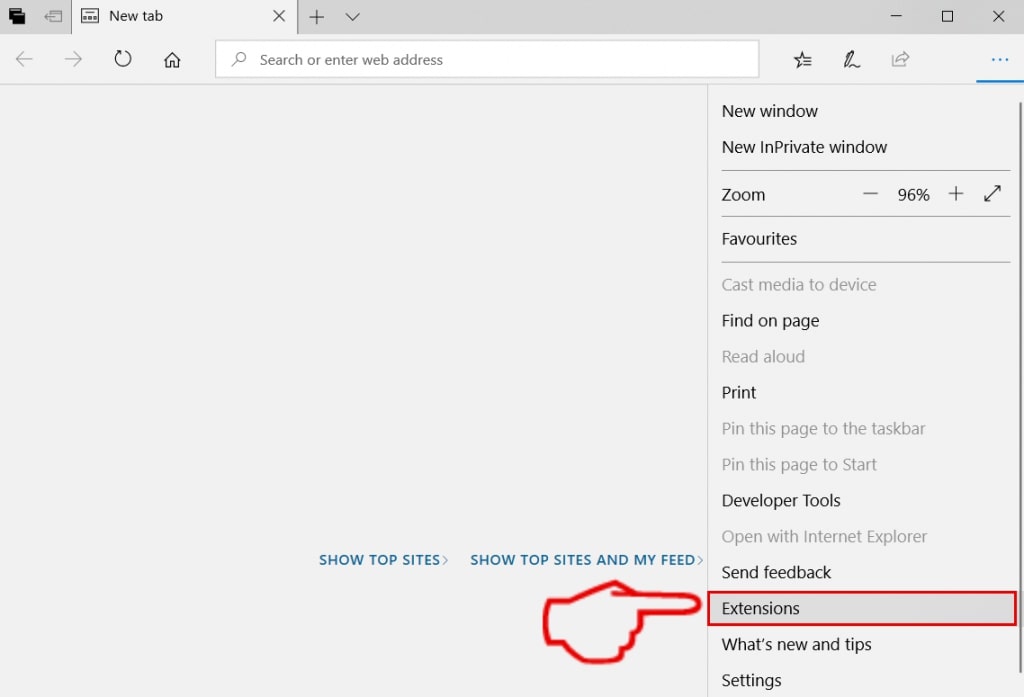
Step 4: Choose the suspected malicious extension you want to remove and then click on the gear icon.
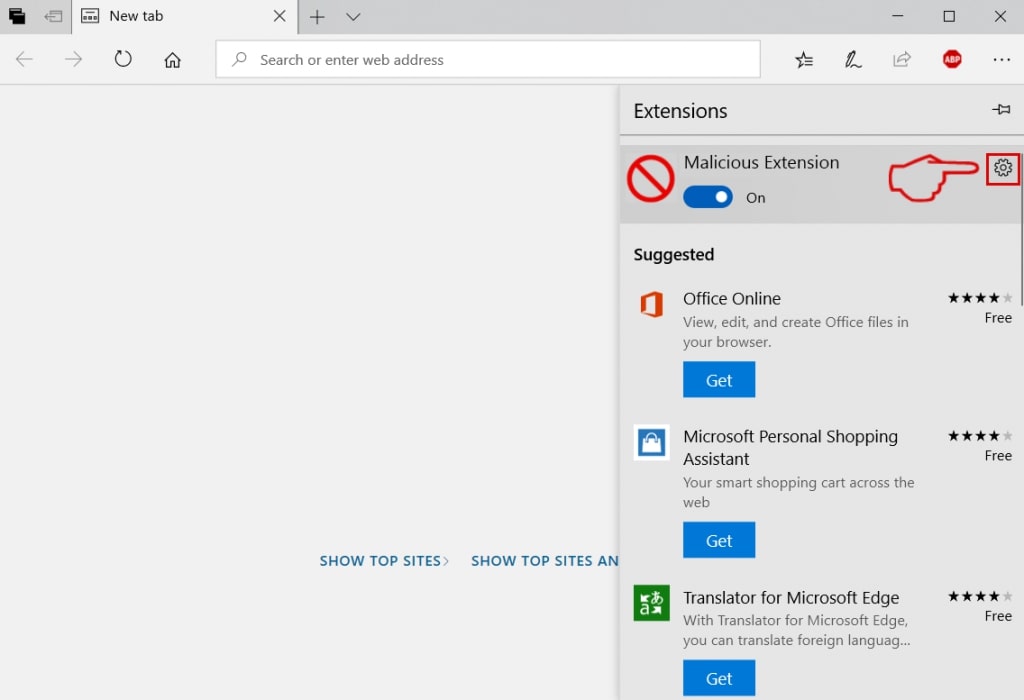
Step 5: Remove the malicious extension by scrolling down and then clicking on Uninstall.
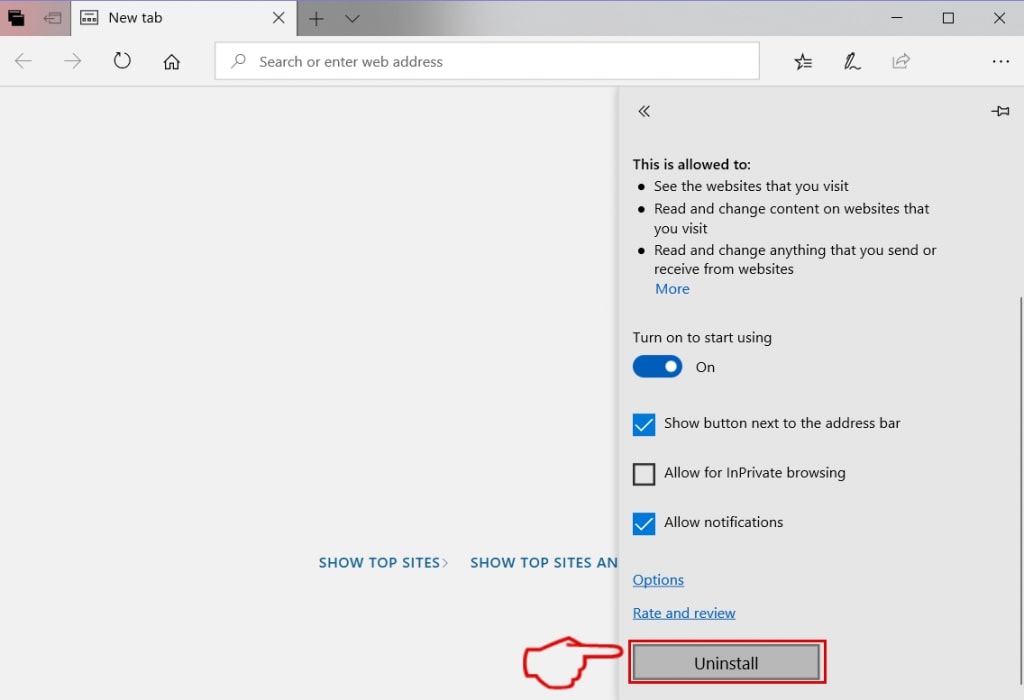
Remove Mybrowser-search.com from Safari
Step 1: Start the Safari app.
Step 2: After hovering your mouse cursor to the top of the screen, click on the Safari text to open its drop down menu.
Step 3: From the menu, click on "Preferences".
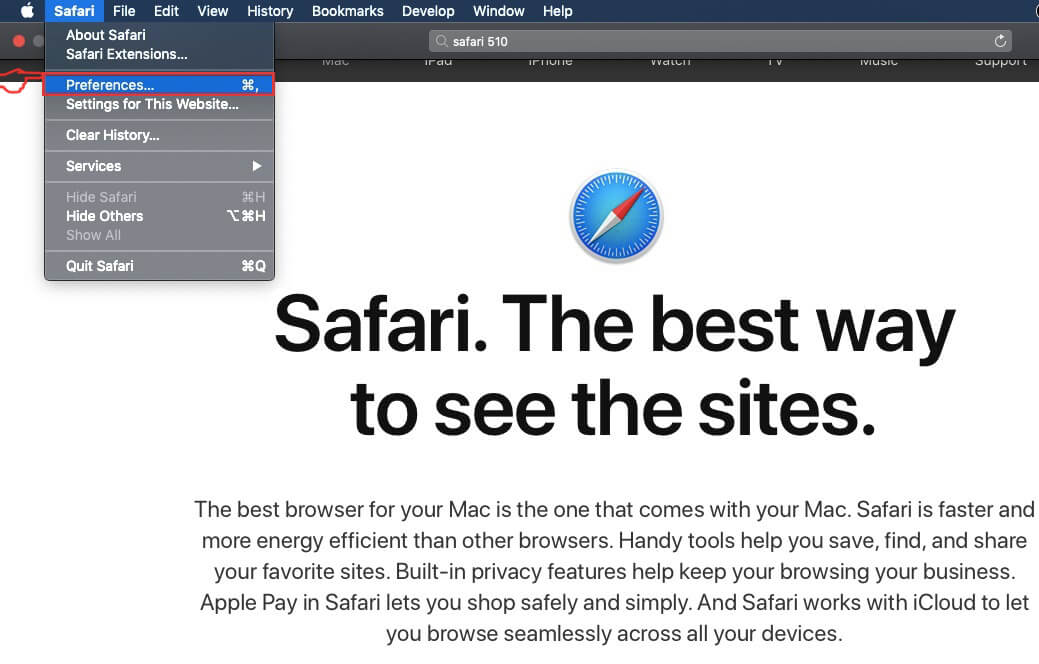
Step 4: After that, select the 'Extensions' Tab.

Step 5: Click once on the extension you want to remove.
Step 6: Click 'Uninstall'.
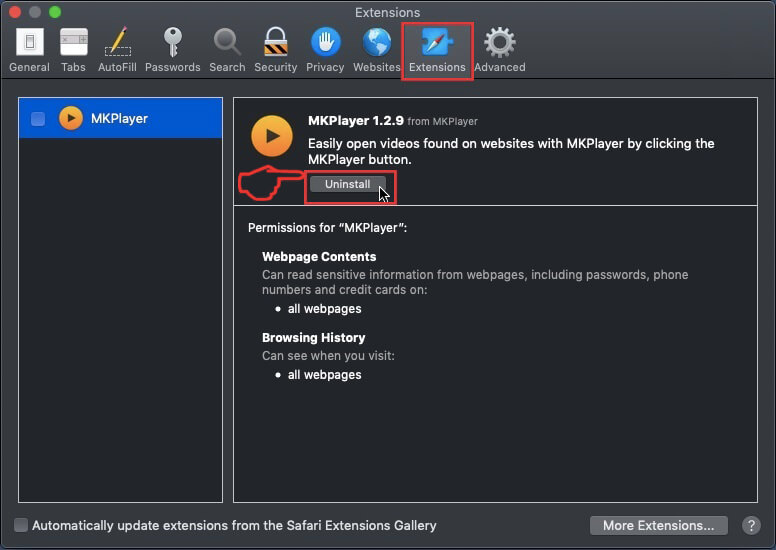
A pop-up window will appear asking for confirmation to uninstall the extension. Select 'Uninstall' again, and the Mybrowser-search.com will be removed.
Eliminate Mybrowser-search.com from Internet Explorer.
Step 1: Start Internet Explorer.
Step 2: Click on the gear icon labeled 'Tools' to open the drop menu and select 'Manage Add-ons'
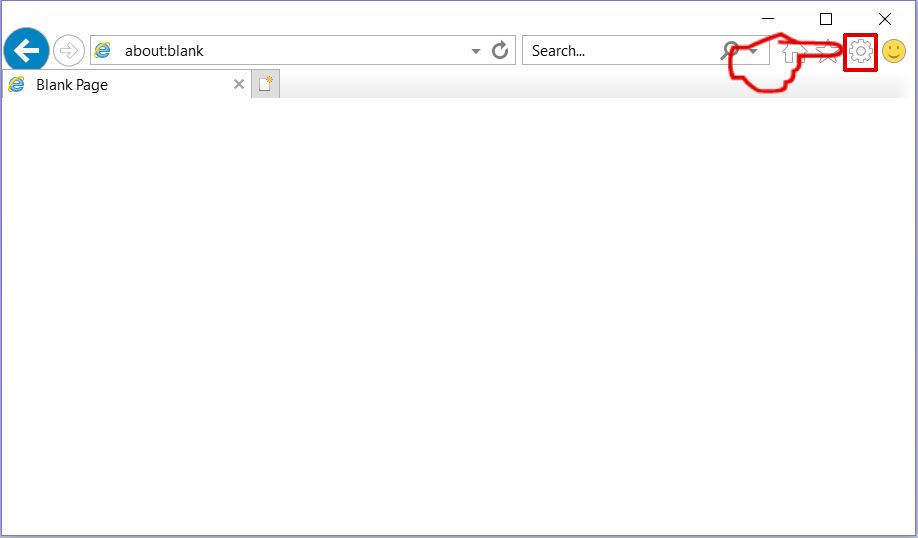
Step 3: In the 'Manage Add-ons' window.
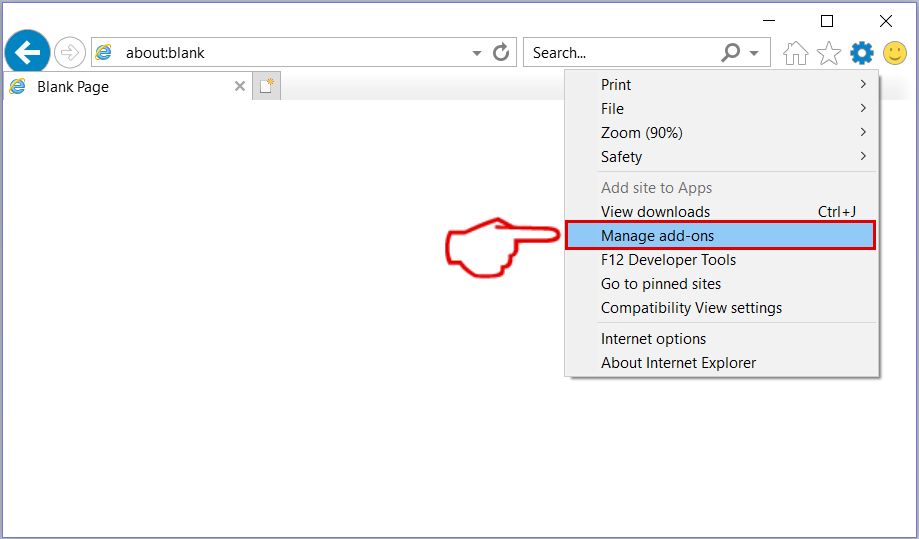
Step 4: Select the extension you want to remove and then click 'Disable'. A pop-up window will appear to inform you that you are about to disable the selected extension, and some more add-ons might be disabled as well. Leave all the boxes checked, and click 'Disable'.
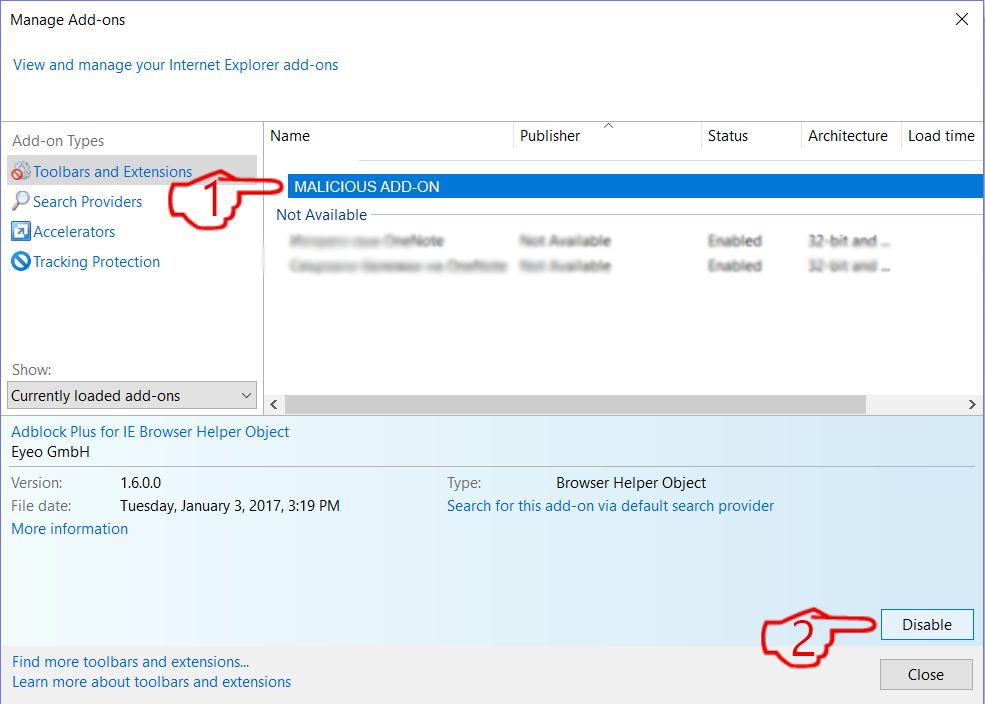
Step 5: After the unwanted extension has been removed, restart Internet Explorer by closing it from the red 'X' button located at the top right corner and start it again.
Remove Push Notifications from Your Browsers
Turn Off Push Notifications from Google Chrome
To disable any Push Notices from Google Chrome browser, please follow the steps below:
Step 1: Go to Settings in Chrome.
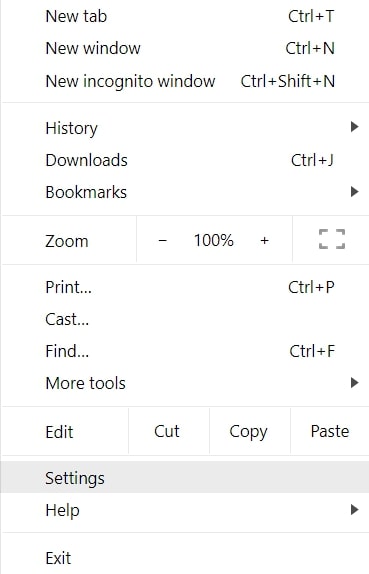
Step 2: In Settings, select “Advanced Settings”:
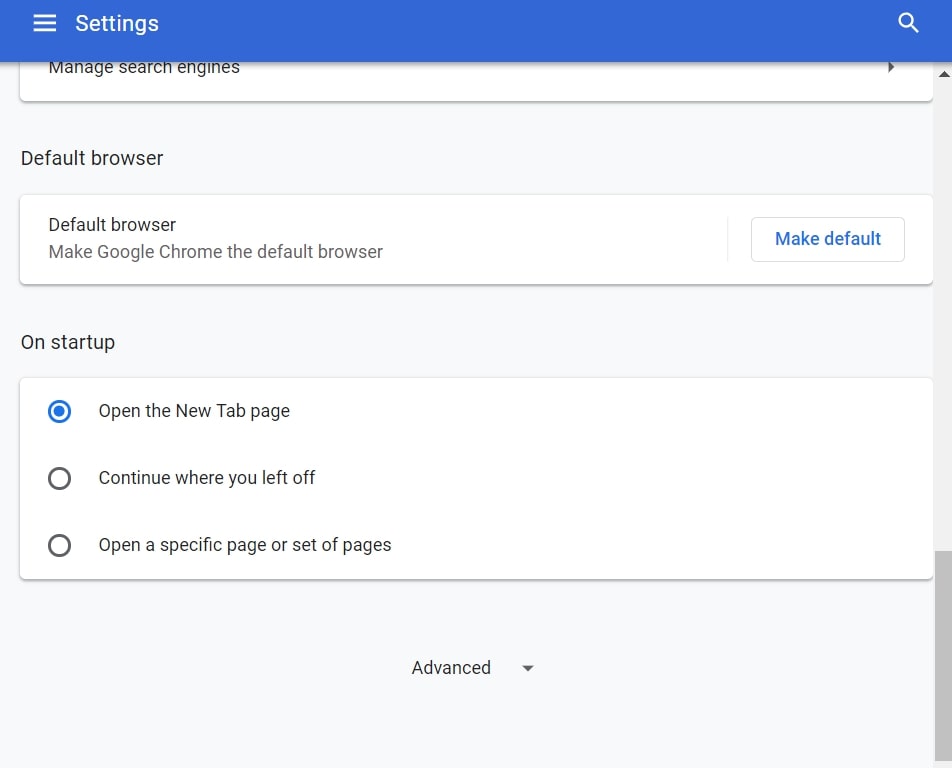
Step 3: Click “Content Settings”:
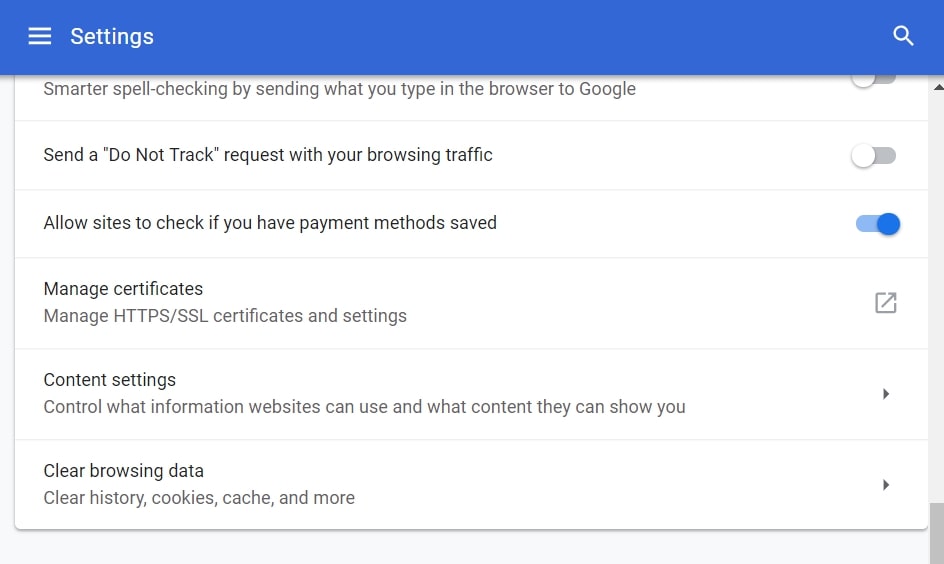
Step 4: Open “Notifications”:
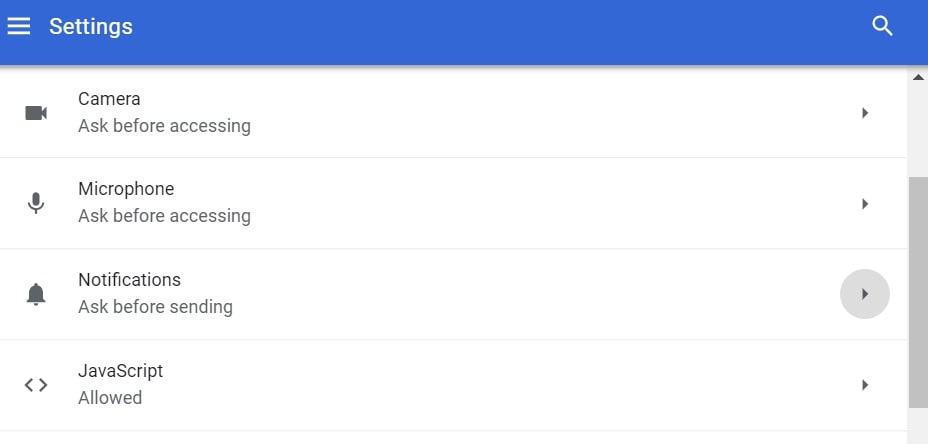
Step 5: Click the three dots and choose Block, Edit or Remove options:

Remove Push Notifications on Firefox
Step 1: Go to Firefox Options.
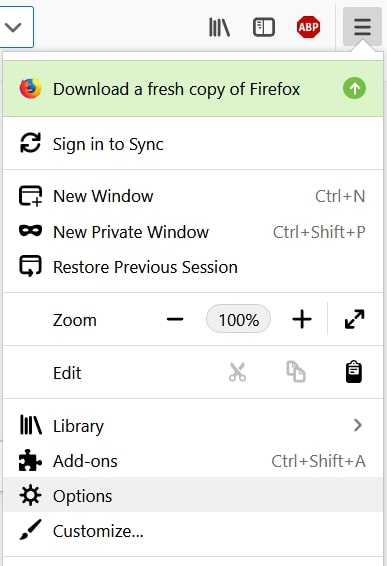
Step 2: Go to “Settings”, type “notifications” in the search bar and click "Settings":
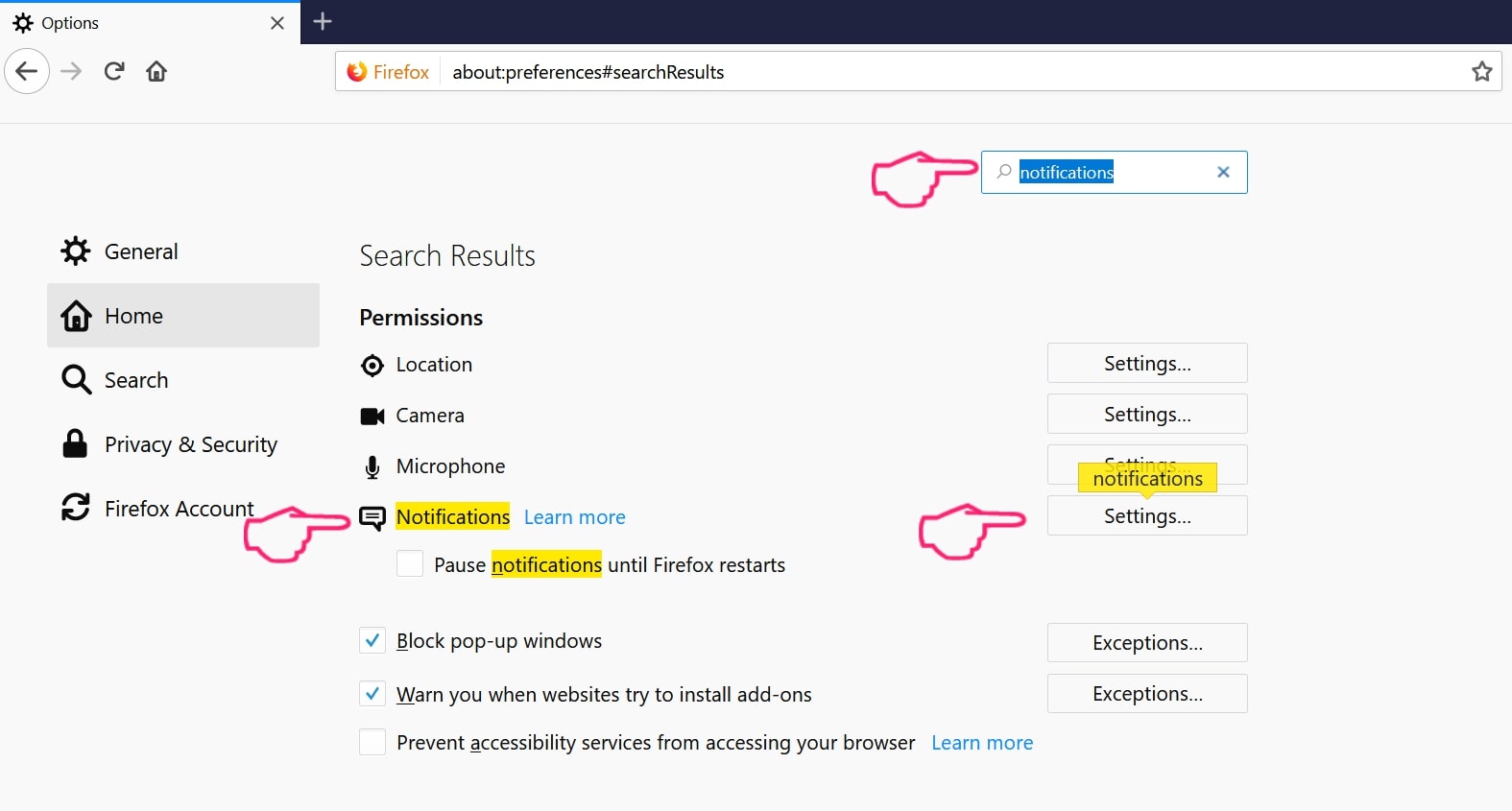
Step 3: Click “Remove” on any site you wish notifications gone and click “Save Changes”
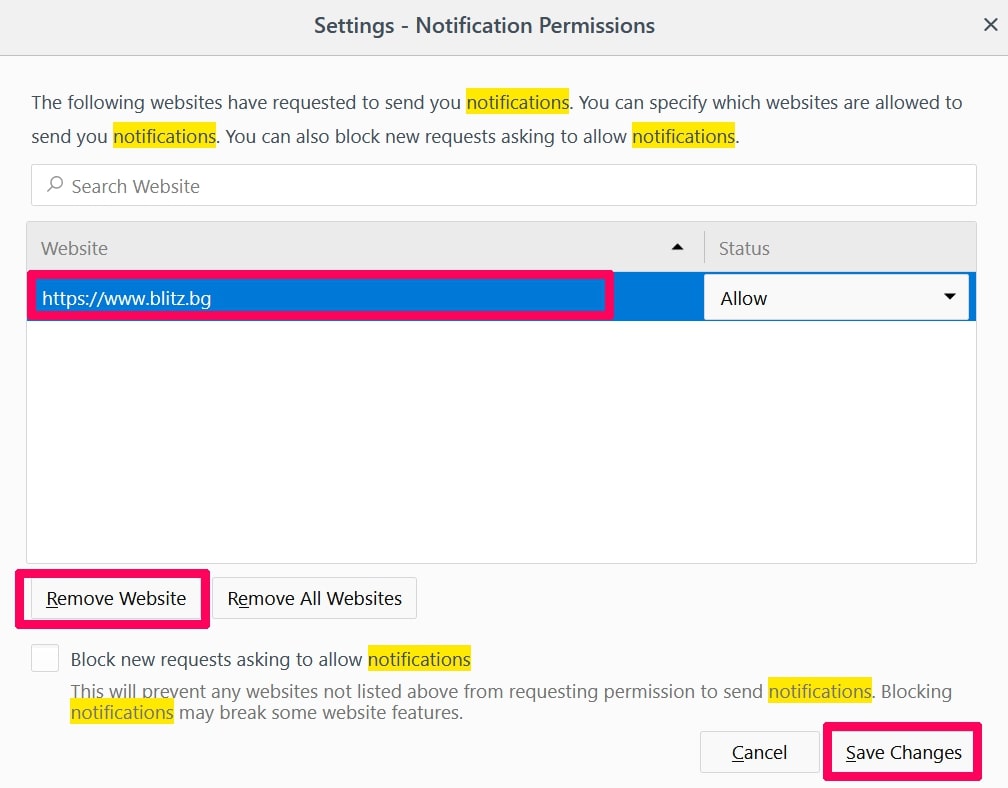
Stop Push Notifications on Opera
Step 1: In Opera, press ALT+P to go to Settings.

Step 2: In Setting search, type “Content” to go to Content Settings.
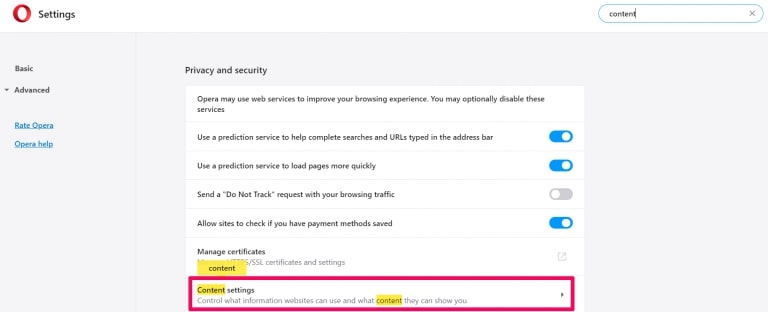
Step 3: Open Notifications:
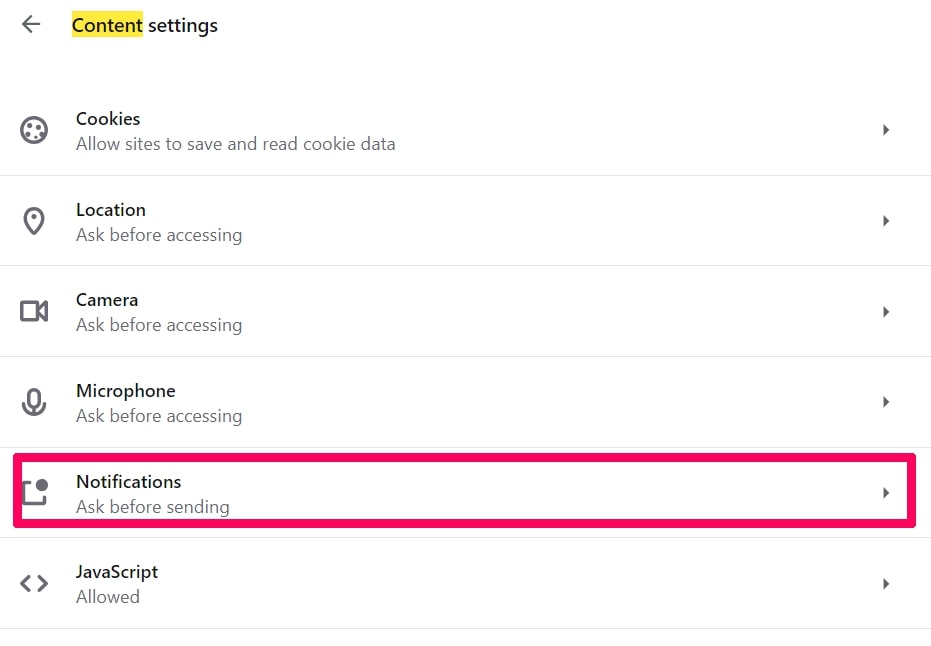
Step 4: Do the same as you did with Google Chrome (explained below):
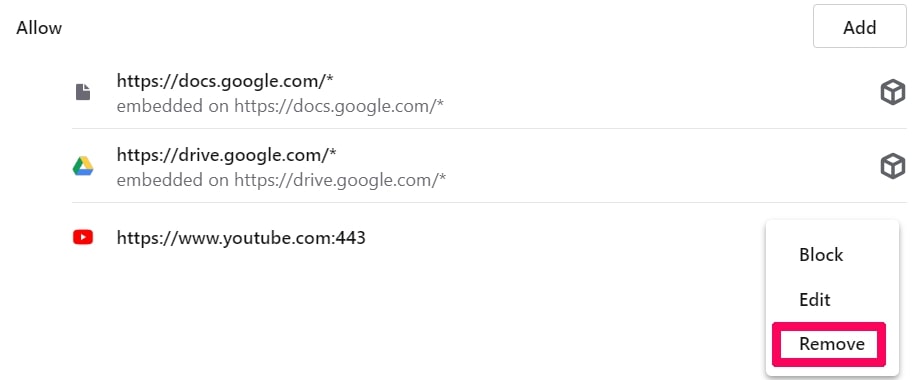
Eliminate Push Notifications on Safari
Step 1: Open Safari Preferences.
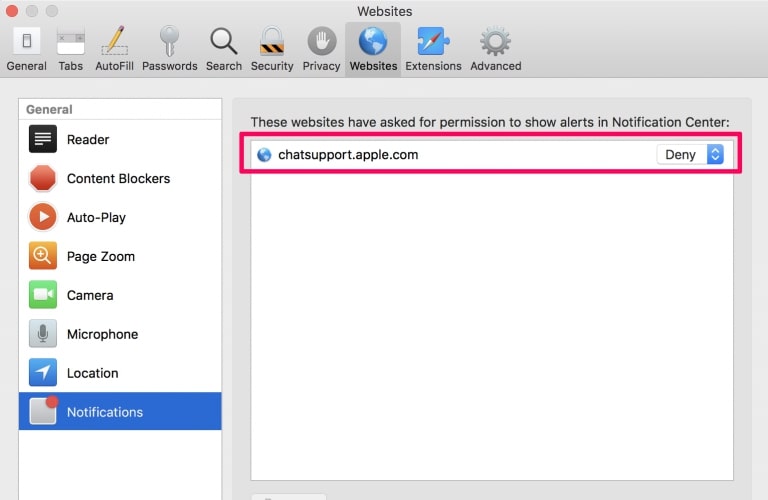
Step 2: Choose the domain from where you like push pop-ups gone and change to "Deny" from "Allow".
Mybrowser-search.com-FAQ
What Is Mybrowser-search.com?
The Mybrowser-search.com threat is adware or browser redirect virus.
It may slow your computer down significantly and display advertisements. The main idea is for your information to likely get stolen or more ads to appear on your device.
The creators of such unwanted apps work with pay-per-click schemes to get your computer to visit risky or different types of websites that may generate them funds. This is why they do not even care what types of websites show up on the ads. This makes their unwanted software indirectly risky for your OS.
What Are the Symptoms of Mybrowser-search.com?
There are several symptoms to look for when this particular threat and also unwanted apps in general are active:
Symptom #1: Your computer may become slow and have poor performance in general.
Symptom #2: You have toolbars, add-ons or extensions on your web browsers that you don't remember adding.
Symptom #3: You see all types of ads, like ad-supported search results, pop-ups and redirects to randomly appear.
Symptom #4: You see installed apps on your Mac running automatically and you do not remember installing them.
Symptom #5: You see suspicious processes running in your Task Manager.
If you see one or more of those symptoms, then security experts recommend that you check your computer for viruses.
What Types of Unwanted Programs Are There?
According to most malware researchers and cyber-security experts, the threats that can currently affect your device can be rogue antivirus software, adware, browser hijackers, clickers, fake optimizers and any forms of PUPs.
What to Do If I Have a "virus" like Mybrowser-search.com?
With few simple actions. First and foremost, it is imperative that you follow these steps:
Step 1: Find a safe computer and connect it to another network, not the one that your Mac was infected in.
Step 2: Change all of your passwords, starting from your email passwords.
Step 3: Enable two-factor authentication for protection of your important accounts.
Step 4: Call your bank to change your credit card details (secret code, etc.) if you have saved your credit card for online shopping or have done online activities with your card.
Step 5: Make sure to call your ISP (Internet provider or carrier) and ask them to change your IP address.
Step 6: Change your Wi-Fi password.
Step 7: (Optional): Make sure to scan all of the devices connected to your network for viruses and repeat these steps for them if they are affected.
Step 8: Install anti-malware software with real-time protection on every device you have.
Step 9: Try not to download software from sites you know nothing about and stay away from low-reputation websites in general.
If you follow these recommendations, your network and all devices will become significantly more secure against any threats or information invasive software and be virus free and protected in the future too.
How Does Mybrowser-search.com Work?
Once installed, Mybrowser-search.com can collect data using trackers. This data is about your web browsing habits, such as the websites you visit and the search terms you use. It is then used to target you with ads or to sell your information to third parties.
Mybrowser-search.com can also download other malicious software onto your computer, such as viruses and spyware, which can be used to steal your personal information and show risky ads, that may redirect to virus sites or scams.
Is Mybrowser-search.com Malware?
The truth is that PUPs (adware, browser hijackers) are not viruses, but may be just as dangerous since they may show you and redirect you to malware websites and scam pages.
Many security experts classify potentially unwanted programs as malware. This is because of the unwanted effects that PUPs can cause, such as displaying intrusive ads and collecting user data without the user’s knowledge or consent.
About the Mybrowser-search.com Research
The content we publish on SensorsTechForum.com, this Mybrowser-search.com how-to removal guide included, is the outcome of extensive research, hard work and our team’s devotion to help you remove the specific, adware-related problem, and restore your browser and computer system.
How did we conduct the research on Mybrowser-search.com?
Please note that our research is based on independent investigation. We are in contact with independent security researchers, thanks to which we receive daily updates on the latest malware, adware, and browser hijacker definitions.
Furthermore, the research behind the Mybrowser-search.com threat is backed with VirusTotal.
To better understand this online threat, please refer to the following articles which provide knowledgeable details.


